Mengfan Tang
Towards Integrative Multi-Modal Personal Health Navigation Systems: Framework and Application
Nov 16, 2021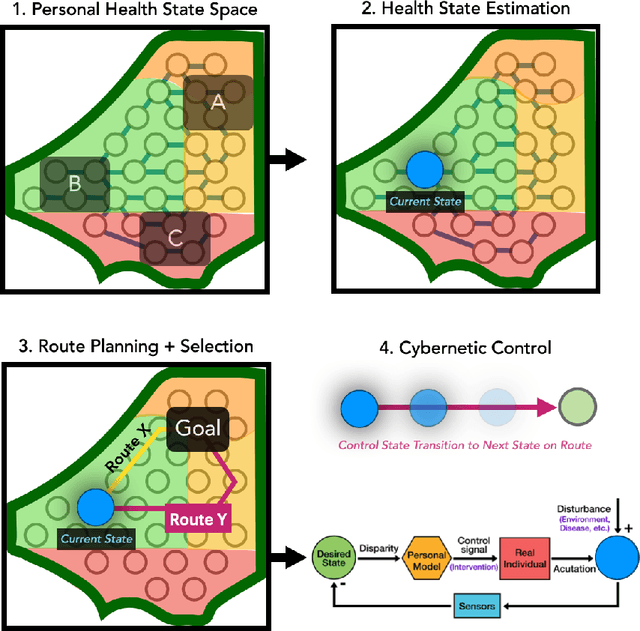
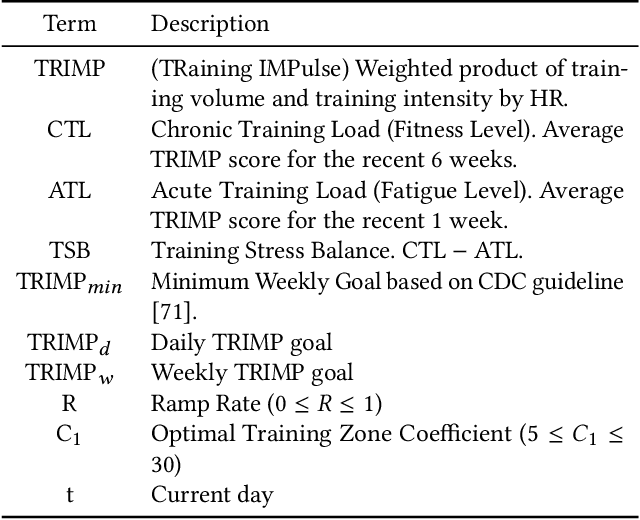
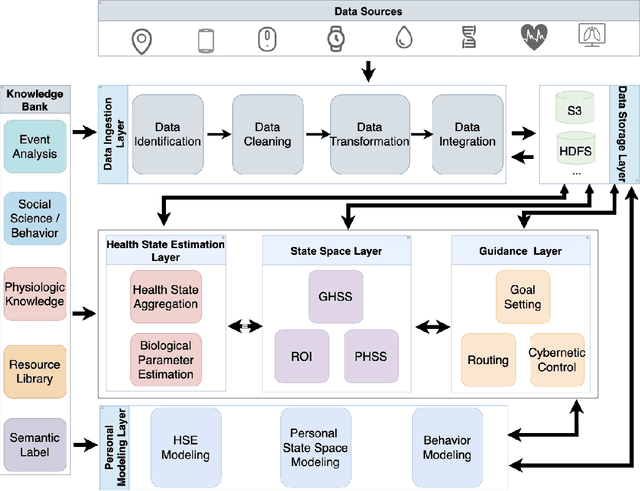

Abstract:It is well understood that an individual's health trajectory is influenced by choices made in each moment, such as from lifestyle or medical decisions. With the advent of modern sensing technologies, individuals have more data and information about themselves than any other time in history. How can we use this data to make the best decisions to keep the health state optimal? We propose a generalized Personal Health Navigation (PHN) framework. PHN takes individuals towards their personal health goals through a system which perpetually digests data streams, estimates current health status, computes the best route through intermediate states utilizing personal models, and guides the best inputs that carry a user towards their goal. In addition to describing the general framework, we test the PHN system in two experiments within the field of cardiology. First, we prospectively test a knowledge-infused cardiovascular PHN system with a pilot clinical trial of 41 users. Second, we build a data-driven personalized model on cardiovascular exercise response variability on a smartwatch data-set of 33,269 real-world users. We conclude with critical challenges in health computing for PHN systems that require deep future investigation.
From Photo Streams to Evolving Situations
Feb 20, 2017



Abstract:Photos are becoming spontaneous, objective, and universal sources of information. This paper develops evolving situation recognition using photo streams coming from disparate sources combined with the advances of deep learning. Using visual concepts in photos together with space and time information, we formulate the situation detection into a semi-supervised learning framework and propose new graph-based models to solve the problem. To extend the method for unknown situations, we introduce a soft label method which enables the traditional semi-supervised learning framework to accurately predict predefined labels as well as effectively form new clusters. To overcome the noisy data which degrades graph quality, leading to poor recognition results, we take advantage of two kinds of noise-robust norms which can eliminate the adverse effects of outliers in visual concepts and improve the accuracy of situation recognition. Finally, we demonstrate the idea and the effectiveness of the proposed model on Yahoo Flickr Creative Commons 100 Million.
Habits vs Environment: What really causes asthma?
Jan 20, 2016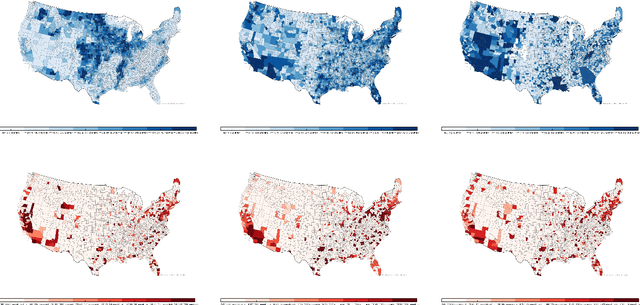

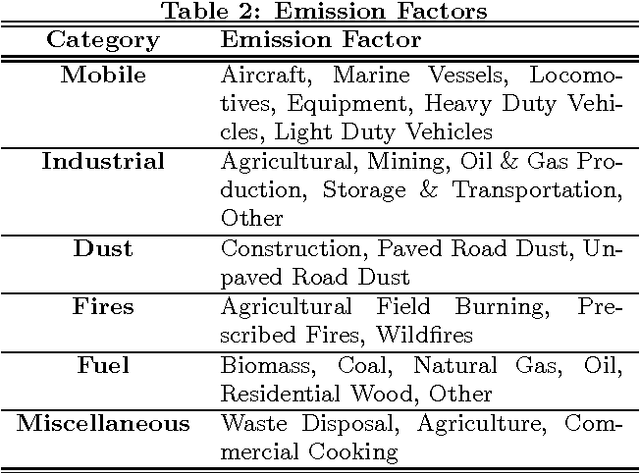
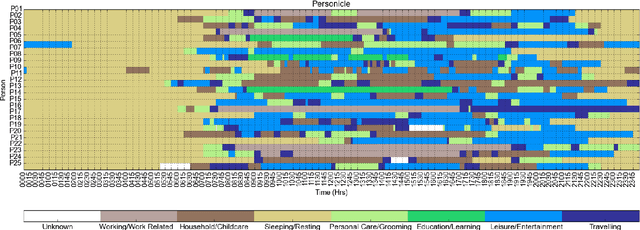
Abstract:Despite considerable number of studies on risk factors for asthma onset, very little is known about their relative importance. To have a full picture of these factors, both categories, personal and environmental data, have to be taken into account simultaneously, which is missing in previous studies. We propose a framework to rank the risk factors from heterogeneous data sources of the two categories. Established on top of EventShop and Personal EventShop, this framework extracts about 400 features, and analyzes them by employing a gradient boosting tree. The features come from sources including personal profile and life-event data, and environmental data on air pollution, weather and PM2.5 emission sources. The top ranked risk factors derived from our framework agree well with the general medical consensus. Thus, our framework is a reliable approach, and the discovered rankings of relative importance of risk factors can provide insights for the prevention of asthma.
 Add to Chrome
Add to Chrome Add to Firefox
Add to Firefox Add to Edge
Add to Edge